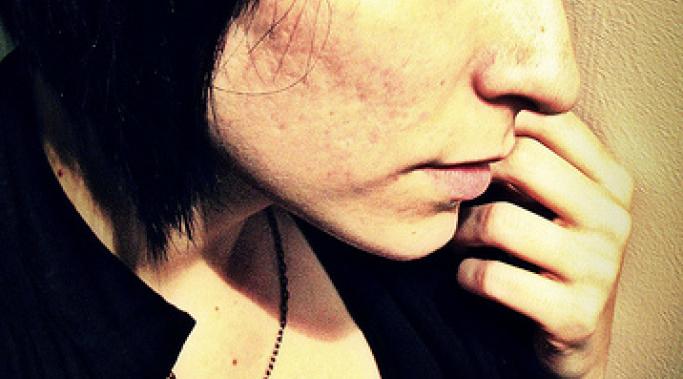Blogs
Mental illness is chronic in nature. It is, by its very definition, a disease. I, like many other people who struggle with mental illness, have a hard time digesting and accepting the words chronic and disease. A person with a disease is sick. A person with a chronic disease is consistently sick.
Does Having a Chronic Mental Illness Mean That I am Sick?
Yes, and no. An example: if you have bipolar disorder you have a chronic illness but if you are in recovery, the mental illness is in remission. You are then considered well; the illness remains but you are free of symptoms or they are drastically reduced.
Dr. Melanie Greenberg, our recent guest on HealthyPlace TV, has combined the Eastern-based practice of Mindfulness with cognitive behavior therapy to create a powerful program that helps her patients manage their mental health problems.
My 16 year old daughter told me that I had better use my office organization tips myself if I wanted to help people with ADHD be better organized. Teenagers can be so to the point! Her comment started me thinking about how the ADHD-friendly structure and systems I use in my coaching business might be helpful for any adult with ADHD. Whether we have ADHD or not, there seem to be specific areas that consistently need organizational attention lest they turn into unmanageable chaos.
Our mind can trick us into believing certain things are true. As a child, were there any of us who didn’t once believe something was in the closet or under the bed when the nightlight cast long shadows about the room?
The past few months of my life have brought with them the suicide of a family member, the substance abuse problems and sudden onset mental illness of another, some unexpected financial difficulties, and not nearly enough time and space for me to cope with it all effectively. I’ve taken the put-your-head-down-and-keep-moving approach in part because I know I’ll leave other people in the lurch if I stop to recuperate. When a tornado hits is not the time to announce that gosh, you’d love to help out but you really need some Me Time. Instead, I’ve relied on my long-held belief that Dissociative Identity Disorder is both a blessing and a curse when life gets messy. But I’ve changed my mind. All DID does is make nasty situations nastier.
There are times when Hollywood resembles nothing more closely than a sheltered workshop for anxiety-wracked individuals wrestling with mental health issues.
Desperate hopefuls, burned out wannabes, wipe down marble tops in sleek martini bars and valet park Ferraris on the boulevard. When home at last, worn smooth as old shoes, they spoon baked beans out from a can and wonder; how long can I do this before I go quite mad?
Ironically, there are very few movies showcasing the profound, emotional struggle faced by those valiant souls who battle, and ultimately vanquish, mental illness. However, that didn’t prevent me from tracking down some of the very best ones. Now comes the fun part. How many of them can you identify from the signature dialogue snippets listed below? [Note: There is an answer key at the bottom of the page.]
I write an obscene amount. Here, plus my blog plus I write for other blogs and do technical articles. Oh, and I'm working on a book.
This is very difficult though as I've found that a highly symptomatic bipolar brain turns into something more akin to a bipolar rock.
So...where do I begin?
I've had a lot on my plate lately--strangely enough, not directly Bob-related (although he always has a major role in our family dramas). Oddly enough, I believe my experiences with Bob over the past 9+ years have helped me in weathering the storms.
Sometimes alternative medicine can be just as effective, or even more effective, than mainstream medicine.
In a recent article titled "Thoughts on Taking Psychiatric Medication," my fellow HealthyPlace.com blogger, Natalie, posed the question: "Do the benefits of taking psychiatric medication outweigh the risks?" In my opinion, the benefits greatly outweigh the risks. In fact, I believe that I would be putting my life at greater risk by not taking psychiatric medication.







